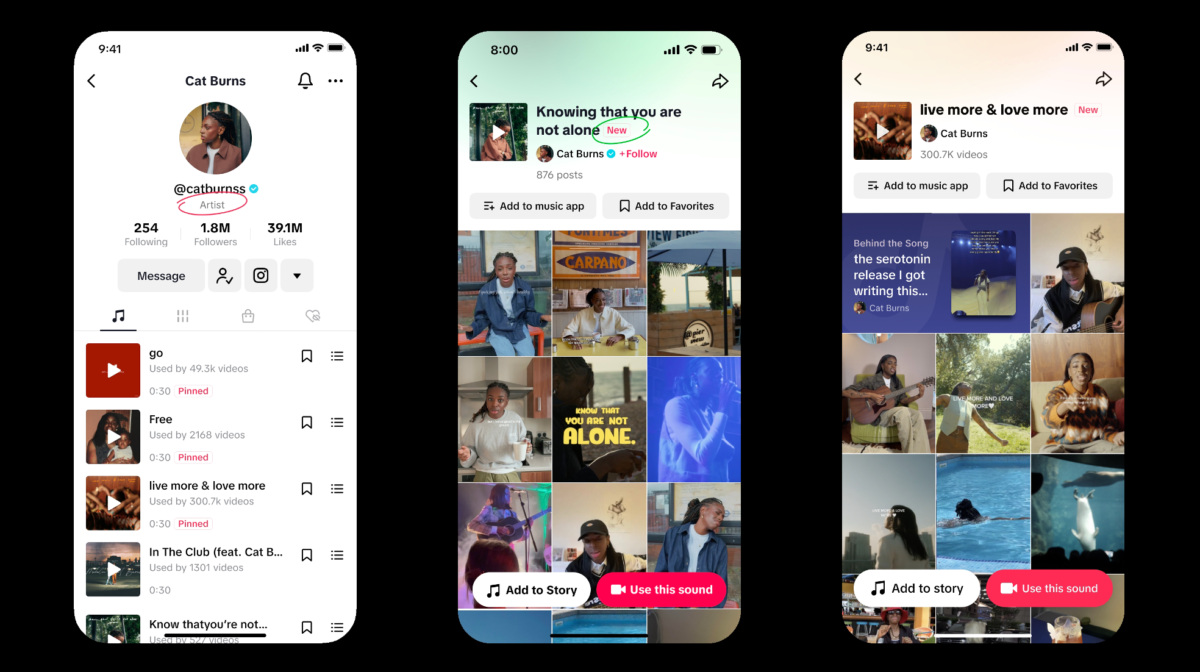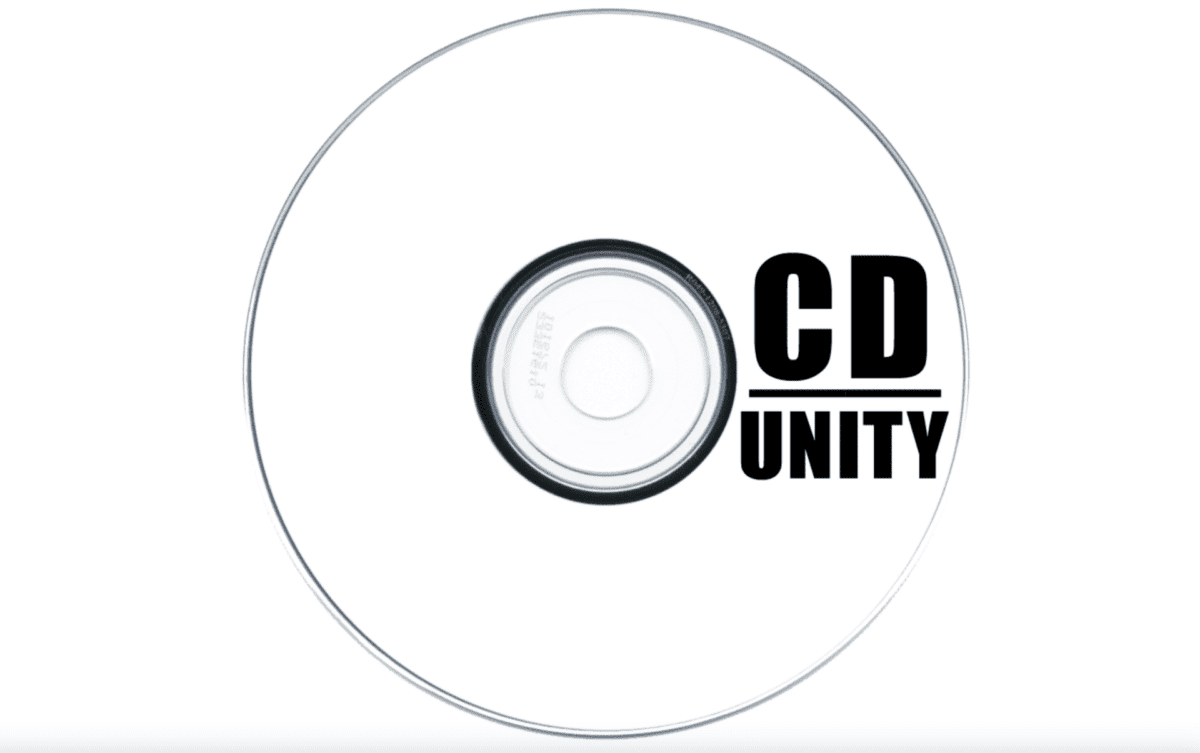They are not in the spotlight, and we don’t know their names. Yet, we are all highly influenced by the music supervisor’s work. They set the tone of a film, TV show, or commercial, and create (and can manipulate) your emotions and feelings. Music supervisors can set a whole TV show or film to a specific period. In other words, they have the power to shape your emotions and feelings and occupy one of the most important roles in tv and film production.
This article is all about what a music supervisor is, what they do, and even how you can get involved in music supervisor jobs and become one. Let’s jump in!
What Is A Music Supervisor?
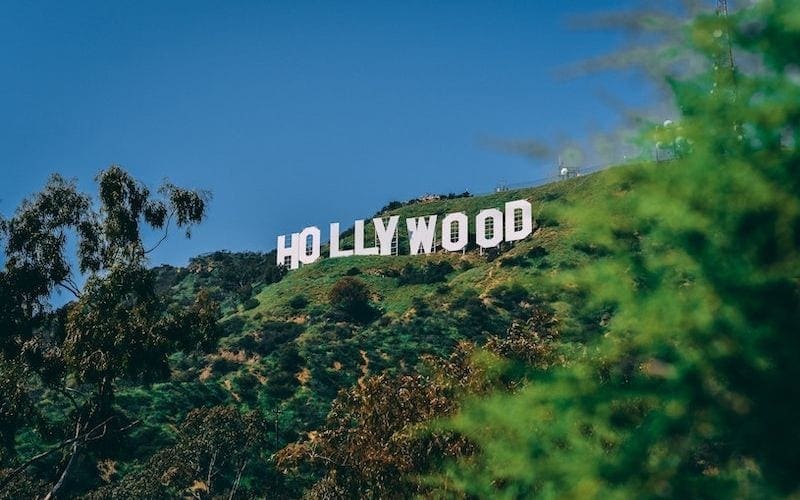
Music Supervisors play an essential role in any film, series, and commercial. In short, they work in every medium that has music in it. Directors and producers rely heavily on their expertise, knowledge, and network to find just the right music for their projects. A music supervisor is the head of the music department on a film, tv show, or commercial, and selects and licenses music for the production. Most music supervisors work as freelancers on a project-by-project basis. I know a couple of music supervisors, especially in the advertising and trailer music world, that is employed by a production company or agency. So, there are possibilities of either going freelance or being employed.
The job of the music supervisor is a fairly new one in Hollywood and Europe alike. The Guild of Music Supervisors in the US was founded in 2010. Some of the founding members are Thomas Golubić, whose work you have heard on the TV show Breaking Bad, and game music giant Steve Schnur, responsible for the music for AAA games. Another is Joel C. High, who has worked on projects such as Star Wars Jedi: Fallen Order and FIFA 19, and President of the Guild, who has over 176 credits on IMDB as a music supervisor.
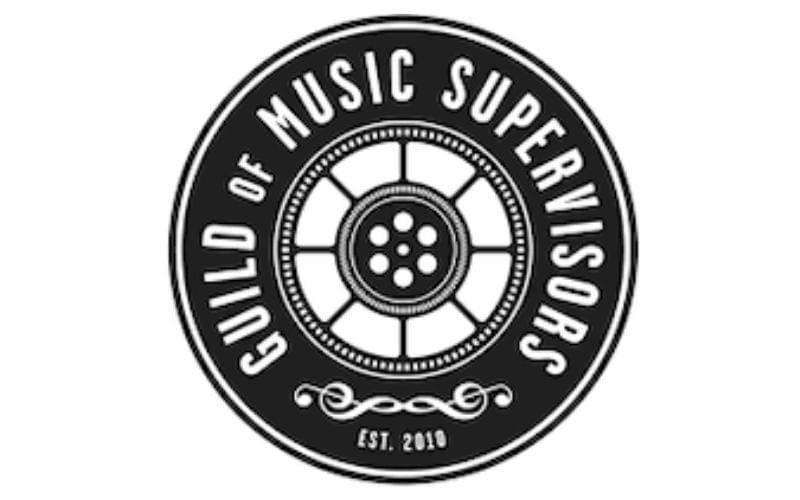
What Does A Music Supervisor Do?
To become a music supervisor, it is paramount to understand the key responsibilities and the skills and qualifications you need to have or gain.
Firstly, we will cover some of their responsibilities.
Music Supervisor Responsibilities
Connection

One of their main roles is to connect. Connecting the (most likely) very specific vision of a director or producer to music that can contribute to their vision for the film or project. A music supervisor then goes off and seeks and suggests different styles and genres of music. If the tracks suggested are not sitting well with the visionaries, they go back to the drawing board. The music supervisor is, in some cases, also responsible to find a capable composer if needed.
Spotting
Spotting means finding “spots” in a rough cut of a film where music is needed and will support the emotion of the storytelling. Then, it will be decided where background music, source music, main title or end title songs will come in. This is also the time when the need for an original film score will be determined. For that, the music supervisor works closely with the composer for this particular project. A score will then be composed, or pre-existing music will be licensed and used.
Negotiation & Licensing
After the spotting session, the music supervisor now goes on to secure the rights to pre-existing songs – selecting artists to write new songs or cover old songs for the visual media project. This includes finding and negotiating with the rights holders, making sure no intellectual property law is broken, and concluding licensing contracts with artists, publishers, and labels. The music supervisor has the extraordinary duty to make sure the production won’t get sued for copyright infringement, and that all the music needed for the production will stay within budget.
Royalty Distribution
To make sure royalties in production get distributed fairly and timely, the music supervisor is also responsible to track all music that is used in the production via a “cue sheet”. A cue sheet is a list of songs and music used in a specific production.
Music Supervisor Skills & Qualifications

Just to be clear: a music supervisor is not born. Yes, you can have a passion for music, but, even though it is very good to have, it is simply not enough. Music supervisors work their way up, build trust with directors, producers, and clients over the years, and constantly work on their skills and gather more qualifications with every production.
With that said, here are some of the main skills and qualifications a music supervisor must possess to make it in this industry.
People Skills
Did I say it already? You need to have your people skills down. The biggest portion of your time spent with people will be with those directly involved in the production. The director and producer, the composer, the editor, and maybe a sound engineer, as far as the creative team on the production goes. Further away from the production are the artists, publishers, and labels you have to deal with during. This includes time-consuming negotiations for the licensing contract. You need to meditate, reason, and sometimes even bear the bad news to people involved in the production.
Licensing & Creative Rights Knowledge
As I said before, the music supervisor is responsible for making sure that the production goes smoothly in regards to legally obtaining the rights to all music used in the production. So, that means as a music supervisor, you need to know all the ins and outs of creative rights, music licensing, and who gets distributed which royalties for what. I would recommend “The Plain and Simple Guide to Music Publishing” book if you want to learn more about the whole music business side of things.
Music (History) Knowledge
Yes, you guessed it, you should know your tunes. A music supervisor without wide and deep knowledge of music and music history isn’t the most useful! This ties into a music supervisor’s relationship with labels and publishers. Music Supervisors many times either were (or still are) active musicians and artists, and through that built deep relationships with A&Rs at publishers and labels. A simple interest in music is a good start, but as Steve Jobs already said: “Learn continually – there is always ‘one more thing’ to learn!”
How Much Does A Music Supervisor Make?
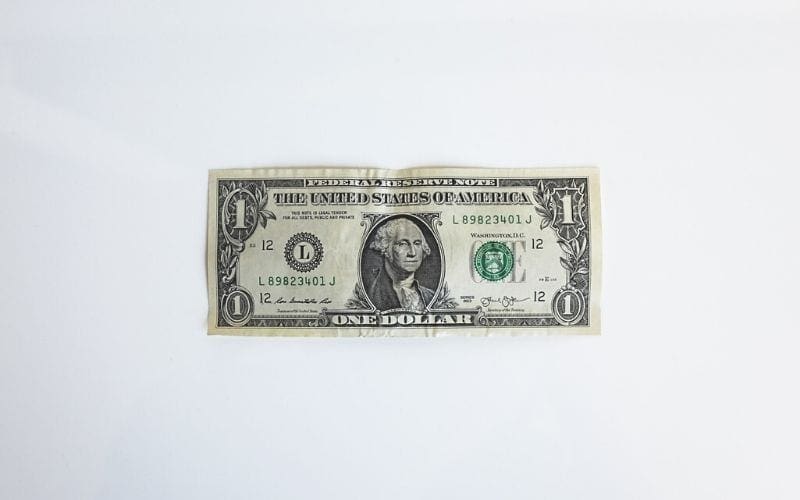
This is probably the most pressing question you have. Unfortunately, there is no simple answer to that. Since there is no union for music supervisors, the fees are wildly different depending on production, budgets, and negotiation skills. That is why it is almost impossible to say how much you can make as a music supervisor.
Most of the time, I would say that it is on a production-by-production basis. Most of the music supervisors working in the industry today are freelancers. In that very standard case, you would negotiate a deal upfront with the production company and agree to certain responsibilities and milestones. The fee typically is based on the budget of the production. I would say a whopping 1% of the production budget is a target you can aim at when negotiating as a freelancer. That is of course not including the rights of the music.
As a salary, let’s say at an advertising agency or production house, you can expect between $35,000 and $65,000 annually. But keep in mind, this is a music supervisor salary. If you get hired as an assistant or in a similar role, it is likely your initial salary is less.
How To Become A Music Supervisor
So, how do you get started in this very exciting world of music supervision? A good way to start is to build relationships with filmmakers and help them in creating a great soundtrack. Even if that means doing it for the IMDB credit only. Yes, no money… but exposure. I don’t like to advise you to work for free. But an IMDB credit is very close to currency. Directors, producers, and executives in the entertainment industry check your credits on IMDB. They want to see what films or TV shows you worked on, and in what role. If you build up your resume that way, this is a great starting point.
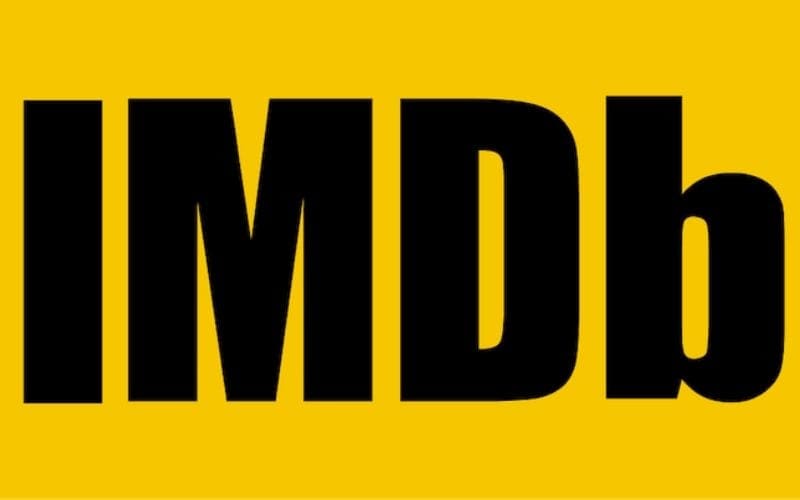
A couple of short tips to start your career as a music supervisor:
- As mentioned above: look for independent films including short films and music. Supervise for these, and make sure you get credited on IMDB.
- Take on an internship at a music supervision company.
- Invite an independent music supervisor for coffee. Be polite and ask good questions.
- Find work at a music publisher or label
From my own experience as a music supervisor for films and advertising projects, finding jobs as a music supervisor doesn’t happen overnight. Building relationships with all the participants in film production is probably the way to go. Even though it seems hard, and at first, doesn’t involve much music. Go to awards shows, take music supervisors out for coffee, show your talents, and make playlists. All in all, there is a lot of research and networking involved to get into this job. I am sure, the Guild of Music Supervisors in the US as well as in the UK and Europe can answer your questions if you want to dive deeper.

Conclusion
Being a music supervisor is a great and exciting job. With the music you choose, you shape the story’s emotions and support the grand vision of your client’s productions. If you have that dream of working in an exciting and inspiring world of entertainment, and you have a great passion and relationship with music, music supervision would be a great fit! The greatest benefit of this role is that it is a highly collaborative process. If you look at it that way, it is fairly easy to start pursuing your dream. Get to know the people that you would like to work with. Talk to directors and producers, and see how you can help them with your musical knowledge and taste. If that is your dream, I highly encourage you to follow it. Good luck!


